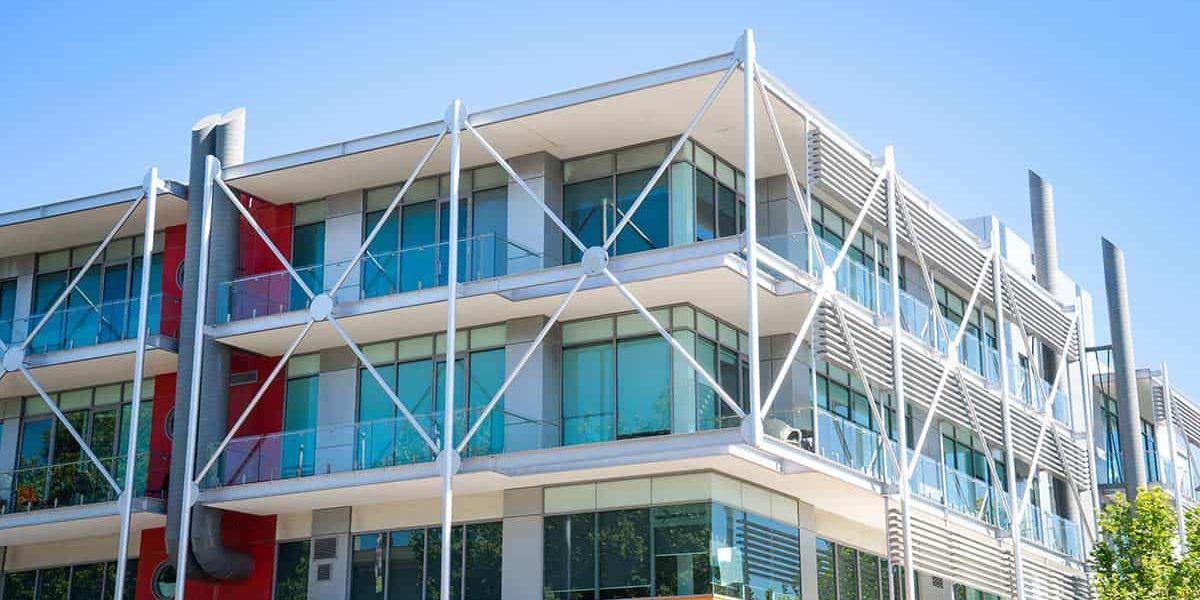When most businesses start up, they rent their business premises. After successfully trading for a while, the question arises of ‘should we buy our own business premises?’
The advantages
To help answer that question, let’s consider the advantages of owning your own property. Firstly, owning your own building gives you the freedom to be able to redecorate or redesign the building without needing the permission of a landlord.
With a commercial mortgage, you are free from unexpected large rent rises. The interest rate can go up which can make the mortgage payments more expensive, but such increases will be small and can be budgeted for. If you arrange a fixed rate commercial mortgage, there will be no mortgage payment rises during the mortgage term.
If the building increases in value you, not the landlord, benefit from the increases capital worth. The property will be a valuable asset in your company’s financial statements.
Some businesses purchase premises that are too large for their needs so that they can sublet the unused portion of the building. The income received from rents could go a long way towards paying the monthly commercial mortgage payments.
Interest payments on commercial mortgages are tax deductible, making payments cheaper in real terms. If you install the likes of fitted kitchens and sanitary ware, these may qualify for plant and machinery tax allowances.
Points to consider
Before finally saying ‘yes’ to purchasing a property, remember that a mortgage loan will only cover a portion of the cost of the property. The business will need to pay a deposit of at least 25%. There are other fees to pay including legal costs and surveyors’ fees. If the building costs over £150,000, stamp duty is payable. The business must be able to afford this capital outlay without causing cashflow problems.
Unlike rented buildings, as the owner, a business is responsible for all maintenance and repairs. The business needs to take out full buildings insurance and make sure that the property conforms to all health and safety regulations.
Any building you are considering purchasing should have an Energy Performance Certificate (EPC). This will help you calculate how much the property costs to heat and light. A low EPC rated building may be sold at a cheaper price, but you will need to budget for upgrading the energy efficiency.
If the business expands and needs larger premises, it may take some time to sell the building. It can take longer to sell and buy a larger building, than moving from one rented premises to another.
Obtaining a commercial mortgage
Purchasing property is a huge decision that affects your business finances. This is why it is important to look at all the pros and cons of buying your own business premises. For many businesses, it makes financial sense to buy property.
There are many lenders and commercial mortgage products that are suitable for funding property purchases. Talk to one of our commercial property experts at Ascot Mortgages who will source the best mortgage deal for buying your business premises.


